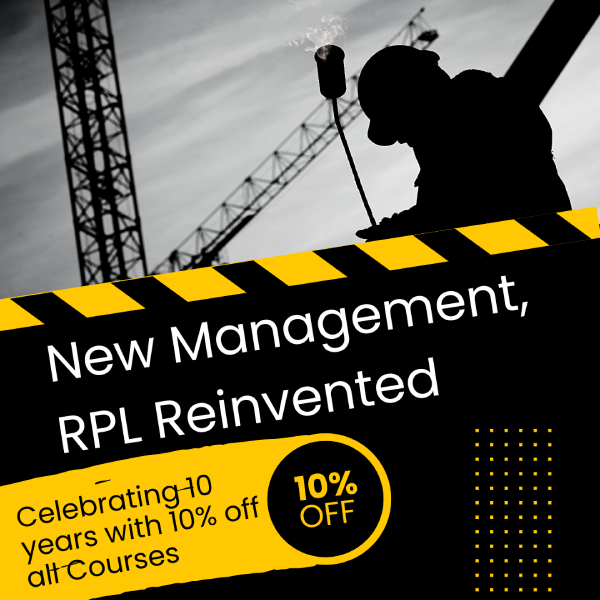DISCLAIMER
Qualify Me! is an education facilitator that offers information to students seeking to advance their education and career goals. However, it is important to note that Qualify Me! is not a Registered Training Organisation (RTO) and does not issue nationally recognised certificates.
In cases where a referral is made by Qualify Me! to a RTO for a student to consider a particular program, it is the RTO that will issue the certificate upon completion of the program that is nationally recognised. Qualify Me! is not responsible for any decisions made by students in relation to their education choices, nor is it liable for any outcomes resulting from such decisions.
It is recommended that students seeking specific advice or guidance regarding course outcomes, licensing or visas and should seek professional advice from qualified and registered professionals. For all licensing matters, Qualify Me! recommends that students contact the relevant regulatory and licensing body/authority to obtain and/or verify any information.
By using Qualify Me!'s services, you acknowledge and agree that Qualify Me! is not liable for any loss or damage resulting from any decision made by you in relation to your education or career goals.
Copyright ©
2024 Qualify Me! ABN: 28 412 330 834 |
Sitemap | under construction
